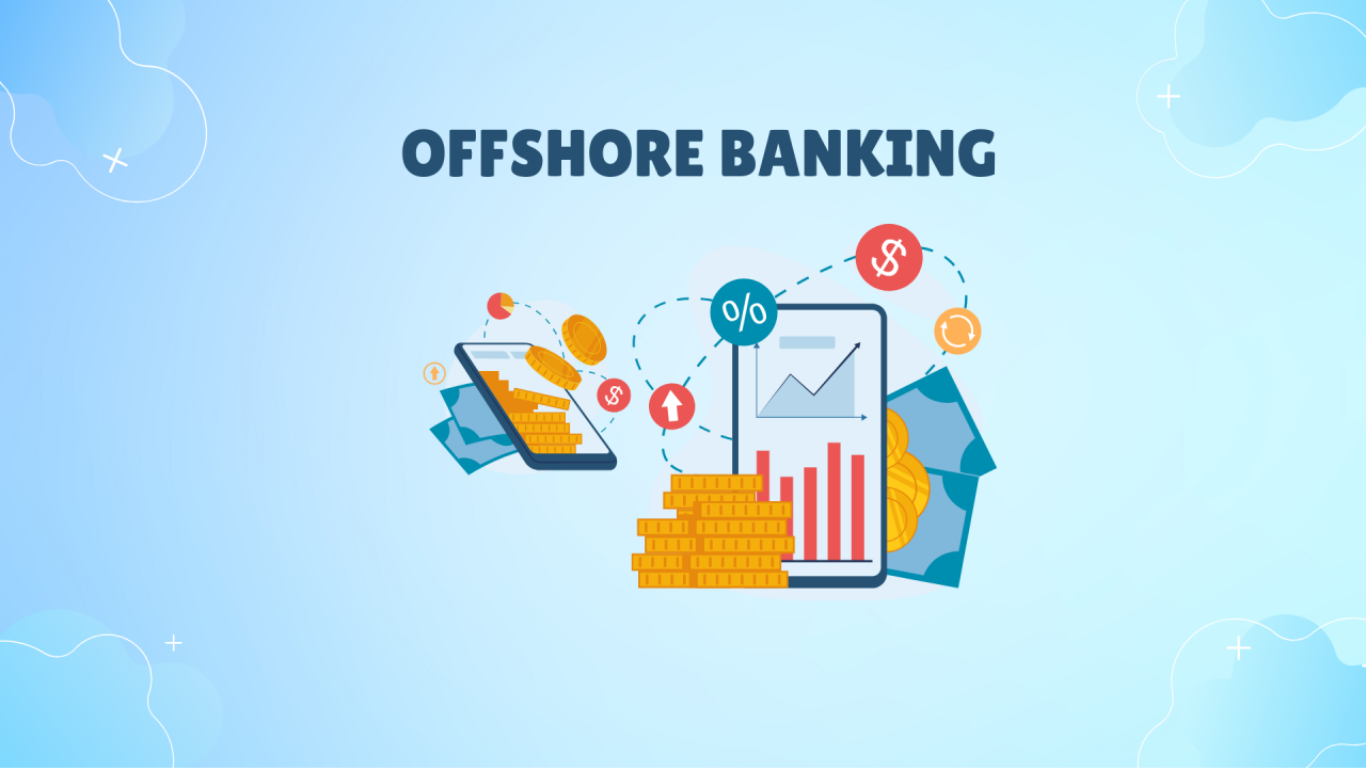Introduction
Offshore banking has moved from a niche financial tool to a mainstream strategy for individuals seeking global financial access, asset protection, and diversification. Whether you’re an expat, investor, or entrepreneur, having the right offshore bank account can offer flexibility, privacy, and improved financial outcomes. In this guide, we’ll walk through the top banks and jurisdictions for offshore banking in 2025, complete with user experiences, legal considerations, and a step-by-step opening guide.
What Is Offshore Banking & Why It Matters
Offshore banking refers to holding a bank account in a country different from your primary residence. These accounts are fully legal and often used for privacy, wealth protection, tax efficiency, and international business. Offshore accounts provide broader currency options, potential higher interest rates, and geographic diversification. However, they also come with regulatory scrutiny and reporting obligations, especially for U.S. citizens under FATCA.
Core Benefits & Trade‑offs
Benefits:
- Asset protection from political instability or lawsuits
- Currency diversification and international investment access
- Potential tax efficiency (when legally compliant)
- Higher interest rates and financial privacy
Trade-offs:
- Regulatory complexity and compliance (e.g., FATCA, CRS)
- Higher setup and maintenance costs
- Less deposit insurance in some jurisdictions
- Potential reputational risk
Top Offshore Jurisdictions in 2025
| Jurisdiction | Minimum Deposit | Strengths | Deposit Insurance | Reporting Regime |
|---|---|---|---|---|
| Switzerland | $50,000+ | Stability, confidentiality | Up to CHF 100,000 | CRS |
| Singapore | $5,000+ | Innovation, digital access | Up to SGD 75,000 | CRS |
| Cayman Islands | $10,000+ | Tax-neutral, business friendly | Limited (up to $20,000) | None/Selective |
| Belize | $1,000+ | Low barrier, English speaking | None | CRS |
| Mauritius | $5,000+ | Strong compliance, bilingual | Up to MUR 300,000 | CRS |
Best Offshore Banks by Region
Switzerland:
- UBS: Private banking, multi-currency accounts
- Julius Baer: Asset management and family office services
- CIM Banque: Digital-friendly Swiss bank
Singapore/Hong Kong:
- HSBC Expat: Ideal for global workers
- Citibank International: Multiple currency support
- DBS Treasures: Wealth services in Asia
Caribbean (Cayman/BVI):
- FirstCaribbean International Bank: Business-friendly
- Cayman National Bank: Full-service with online access
Central America (Belize):
- Belize Bank International: Easy setup and English service
Africa/Indian Ocean (Mauritius):
- MCB (Mauritius Commercial Bank): Strong regulation and wealth options
User Experiences & Platform Quotes
Real-life feedback helps shape expectations:
“HSBC’s verification process was rigorous but once set up, the international wire options were seamless.” – Reddit User
“CIM Banque was incredibly private but took longer to open. Worth it for the privacy aspect.” – r/expatfinance
“Belize was cheap to open but felt unstable. Ended up closing after 2 years.” – Trustpilot Reviewer
How to Choose the Right Bank
Choose based on your purpose:
Expat Worker
- Low fees on international transfers
- Robust mobile banking
- Local currency flexibility
High Net-Worth Investor
- Wealth management access
- Stable, insured jurisdictions
- Multi-currency and gold-linked accounts
Asset Protection Seeker
- Strong banking secrecy
- Minimal political interference
- Trustee and legal support
How to Open an Offshore Account
- Research best jurisdictions and banks based on your profile
- Review minimum deposit, fees, and services
- Prepare documents: ID, proof of address, income source
- Choose in-person or remote account opening
- Fund the account via international wire
- Set up online access and cards
- Ensure tax compliance with FATCA/CRS if required
Legal Compliance & Reporting
Offshore banking is legal but comes with obligations:
- U.S. citizens: Must file FBAR and report under FATCA
- Other countries: May fall under CRS (Common Reporting Standard)
- Always consult a tax professional before opening
Non-disclosure can lead to penalties, asset seizures, or criminal charges. Transparency is key.
Frequently Asked Questions
Is offshore banking legal? Yes, provided you report your accounts as required by law.
How secure is my money? It depends on the jurisdiction’s deposit protection. Choose stable countries.
Can I access my account online? Yes. Most banks offer robust online platforms.
What are the fees? Expect $20–50/month in maintenance and $30–100 per international wire.
What if the bank fails? Your funds may be at risk if the country lacks strong deposit insurance. Always diversify.
Conclusion & Next Steps
Choosing the right offshore bank is a mix of legal due diligence, financial goals, and personal preference. For 2025, top options include Swiss stability, Singaporean efficiency, and Caribbean flexibility. Always compare jurisdictions, review banks, and ensure compliance with tax laws.
Next Steps:
- Choose your jurisdiction based on your goals
- Compare at least three banks
- Speak with a financial advisor or tax consultant
- Prepare documentation and start your application
With proper planning, offshore banking can be a valuable component of your global financial strategy.
